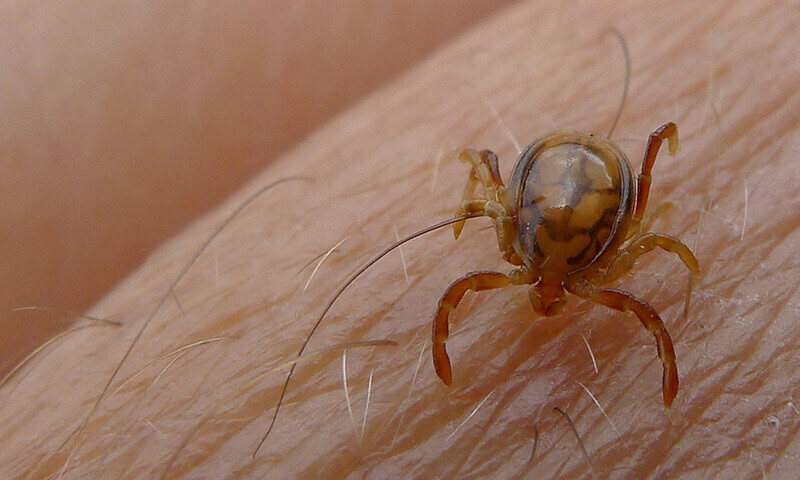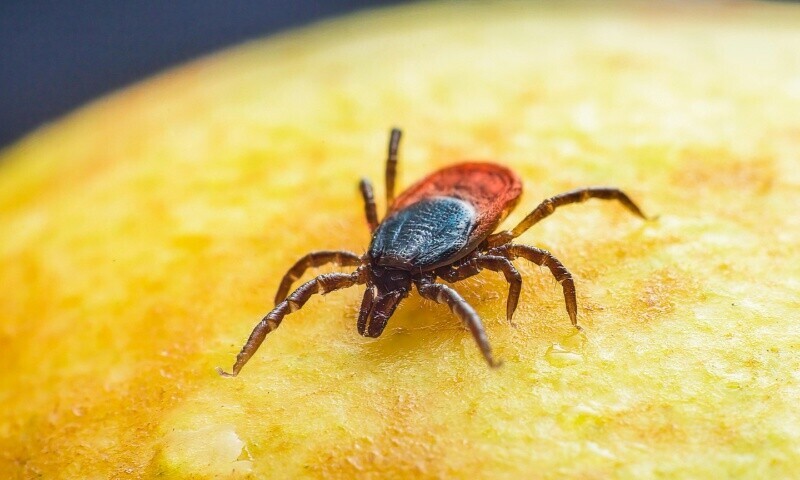HEALTH

Sindh has reported its first death of the year from the deadly Crimean Congo Hemorrhagic Fever (CCHF), commonly known as the Congo virus. The provincial health ministry confirmed that a 42-year-old man from Karachi's District Malir succumbed to the disease a day after being diagnosed.
Meeran Yousuf, the media coordinator for Sindh’s health ministry, told Dawn.com that the patient had been admitted to Indus Hospital in Korangi on June 16, where he tested positive for CCHF. He passed away the next day.
Health experts visited his residence in Malir to investigate and monitor potential contacts, but found the house locked. “The team assumed the family had taken the body back to their native village for burial,” Yousuf stated.
The Congo virus is a highly contagious tick-borne illness with a fatality rate ranging between 10–40 percent, according to the World Health Organization (WHO). The virus is primarily transmitted through tick bites or direct contact with infected animal blood and tissues, especially during or after slaughter — making the period before Eidul Azha particularly concerning due to increased animal handling.
The WHO also warns that the disease can spread from person to person through exposure to infected bodily fluids. Common symptoms include sudden onset of fever, muscle pain, neck and backache, sore eyes, and light sensitivity.
This death in Karachi follows another recent CCHF fatality: a 22-year-old animal handler from North Waziristan died on June 11 at Hayatabad Medical Complex in Peshawar. These back-to-back fatalities have raised serious concerns about potential outbreaks, especially as large numbers of livestock are brought into urban areas ahead of Eid celebrations.
The National Institute of Health (NIH) had already issued an advisory in April, urging citizens to take preventive measures and practice caution during Eid-related animal handling activities. Health authorities are calling on citizens to wear protective clothing and gloves when dealing with sacrificial animals and to remain vigilant for symptoms of the virus.
CCHF has been a recurring threat in Pakistan. The first case was reported in 1976, resulting in the death of a surgeon and three healthcare workers infected by a patient.
As the country prepares for Eidul Azha, public health experts stress the urgent need for preventive awareness campaigns, stricter monitoring of animal markets, and immediate reporting of any suspected cases.




